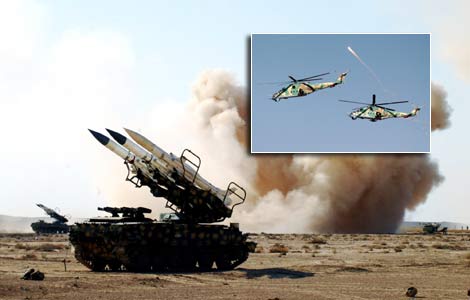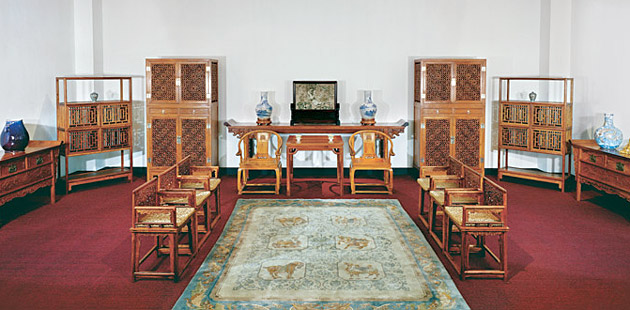One year on, traffic policy gets mixed review
Updated: 2011-12-24 10:06
By Chen Xin (China Daily)
|
|||||||||||
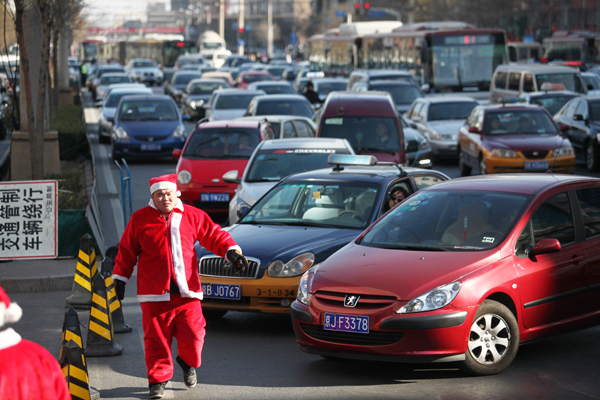 |
|
A parking lot manager, dressed as Santa, directs traffic in front of a wholesale market in Beijing. [Photo by Feng Yongbin / China Daily] |
Congestion has cleared some, but much work remains to be done
BEIJING - The capital's efforts to tackle traffic gridlock is beginning to pay off one year after the new traffic policy package took effect.
The average Traffic Performance Index (TPI) in downtown Beijing has dropped from last year's 6.1 to 4.8 this year thanks to the measures, city authorities said at a meeting this month.
TPI gauges traffic congestion. Between 0 and 2 is smooth traffic flow; 4 to 6 is lightly congested; 6 to 8, moderately congested; and 8 to 10, severe.
The public transportation system handles 42 percent of the daily transport volume in Beijing, and the proportion of private-car use has seen its first-ever decline, standing now at 33 percent, a 1.2 percentage point decrease from last year's figure, traffic officials said.
Beijing announced a package of measures to tackle worsening traffic congestion at the end of last year. The measures include sharp limits on new vehicle registrations, limiting car usage, increasing parking fees and improving public transportation.
The city planned to allow only 240,000 vehicles to be registered this year, a 70 percent decrease from last year. Applicants could win the right to register a car in a monthly lottery.
In the latest drawing, on Nov 26, more than 790,000 people competed for 17,600 license plates.
As of Sept 25, the capital had 4.94 million vehicles, compared with 4.81 million at the end of last year.
The lottery system has its critics, however.
Yang Hongshan, a city planning expert at Renmin University of China in Beijing, said the system has prevented many Beijing residents who have a need to buy a car from being able to register it. There have also been people who applied for the lottery but had no plan to buy a car and wasted the opportunity when they won.
And, "although the measure has greatly reduced the number of new vehicles on the road, such administrative intervention has kept a number of people busy and taken up significant resources", he said.
Yang suggested adopting a more-efficient, economic method, such as the one used in Shanghai to slow the increase in the number of vehicles on the road.
Shanghai has granted around 9,000 car license plates a month this year at an average price of about 50,000 yuan ($7,900) apiece. Beijing charges just 500 yuan for a license plate - because an owner wins the car registration right.
Beijing has also limited car usage through a system based on license plate numbers that keeps one-fifth of the vehicles from driving downtown on weekdays.
Since April, parking fees inside Beijing's Fifth Ring Road are charged for every 15 minutes rather than the former 30. They range from 2 yuan to 10 yuan an hour.
Cars registered outside Beijing are barred from driving inside the Fifth Ring Road during weekday rush hours.
And five subway lines, which opened at the end of last year, and an expressway bus lane, which opened in May, have helped shorten commute times. Three new subway lines will begin service by the end of the year.
Liu Xiaoming, director of the Beijing municipal commission of transport, said at a legislative session in the city in July that the average driving speed during rush hour reached 24 kilometers an hour in the first six months of the year, 10 percent faster than during the same period last year.
"It is a good sign that the comprehensive measures are showing results," he said. "But tackling gridlock is still a challenging, long-term task."
Some residents say they notice traffic is smoother in the capital.
"The time I spend on the road between home and the office is about 10 minutes shorter than last year," said Jiang Ying, 32, who lives at the South Third Ring Road and drives to work at Wangfujing.
A resident who gave his name as Liu said he stopped driving to work since the parking fees increased and now takes the subway.
But Yang, the city planning expert, said that although Beijing's traffic gridlock did not worsen this year, the congestion hasn't fundamentally changed either.
More effort should be given to improving the public transportation system - including opening more subway lines and parking lots near stations, as well as more convenient and reasonable bus routes that connect subways and bus stops, he said.
Zhang Changqing, director of the transportation law institute at Beijing Jiaotong University, pointed out that the city's bus routes are not well linked with subway stations and it takes too long to transfer between the buses and subways.
"Better unified management of public transportation is needed. A more scientific city replanning is a must," he said.
Related Stories
Beijing's new traffic plan to hit car owners 2011-07-21 07:34
Traffic congestion time in capital halved 2011-12-01 13:21
Dancing Santa lifts mood in jams 2011-12-12 08:01
Beijing to push sedan toll at traffic hotspots 2011-09-02 13:11
Hot Topics
HIV/AIDS, Egypt protest, Thanksgiving, climate change, global economic recovery, home prices, high-speed railways, school bus safety, Libya situation, Weekly photos
Editor's Picks

|
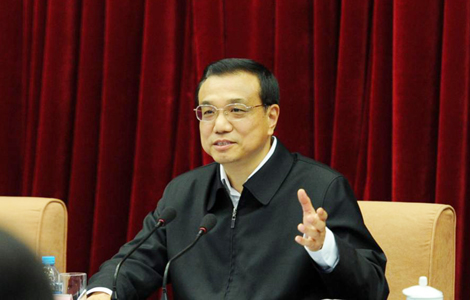
|
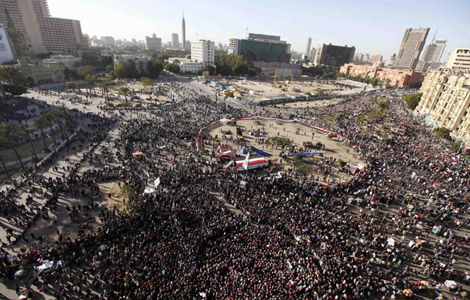
|
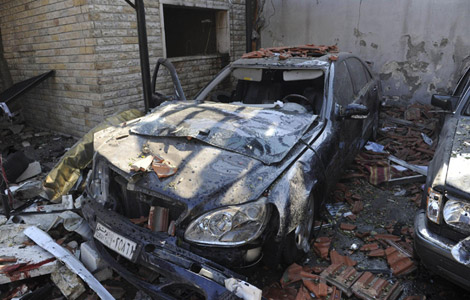
|

|
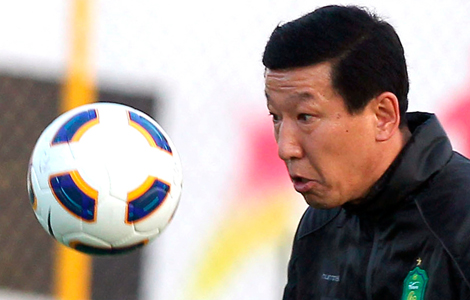
|



